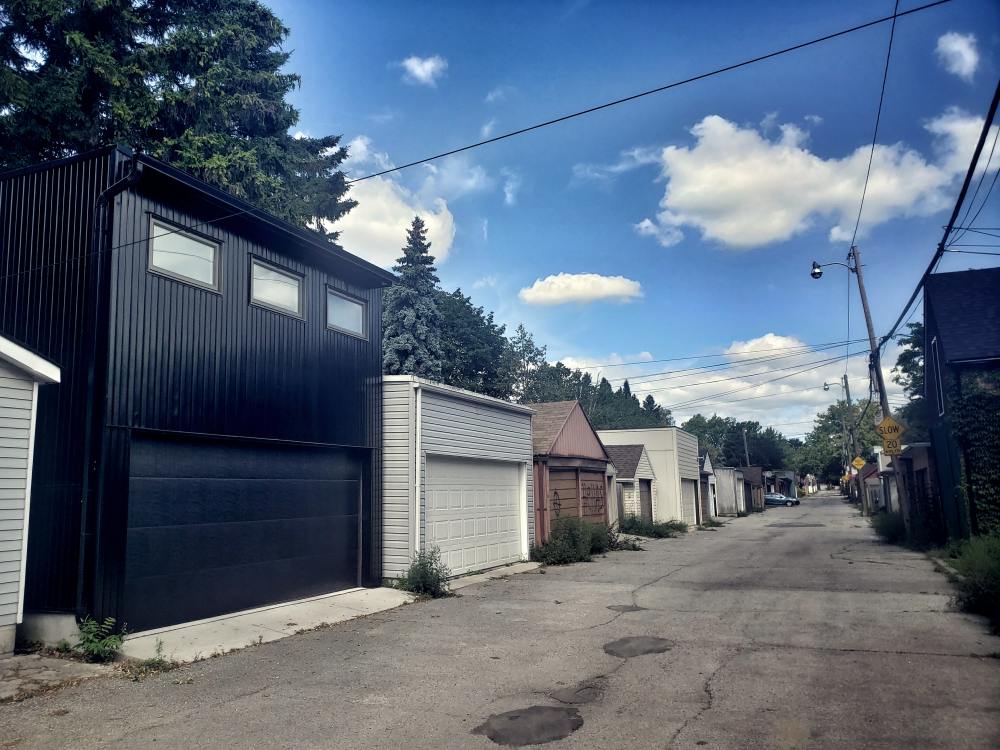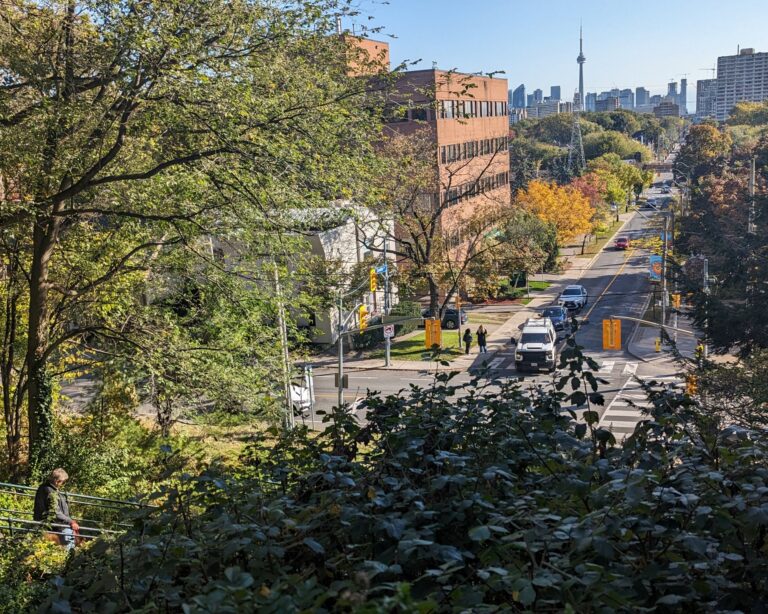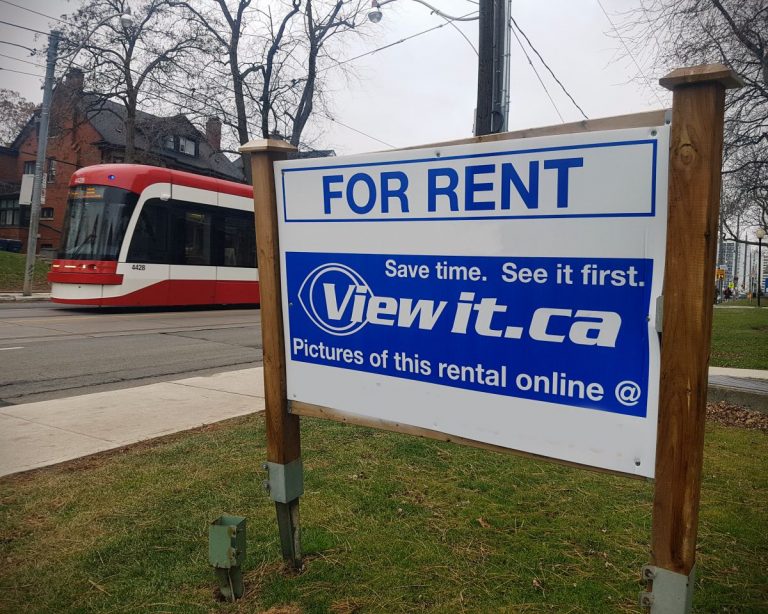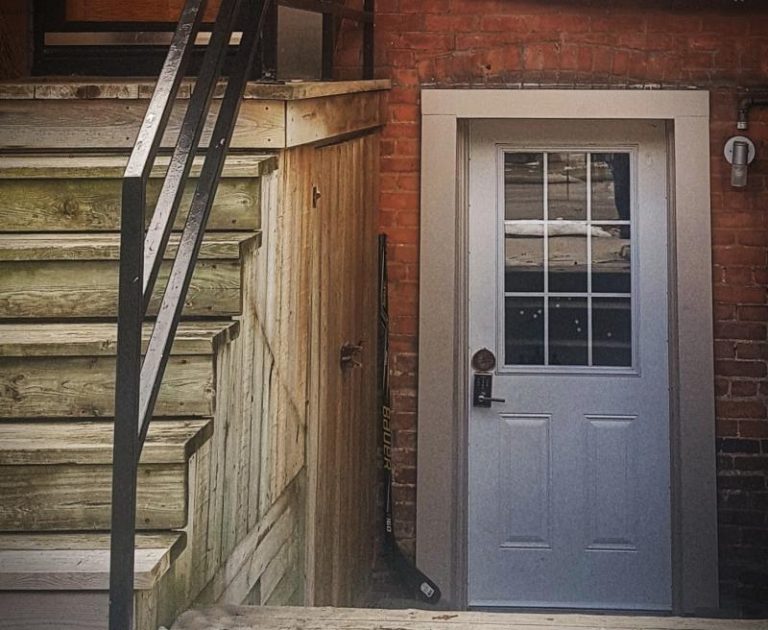Some Toronto Residents Against Garden Suite Program
In my last newsletter I wrote about how Toronto City Council has announced a program to allow residents to build garden suites on residential properties in the city. This measure was enacted to help with the current housing crisis, thereby bringing more potential dwelling units to market.
Just to reiterate, a garden suite is defined as a housing unit, usually located in the backyard of an existing house, but separate and detached from the main house. Garden suites, like laneway suites, are generally meant to be smaller than the main house on the lot. Garden Suites are seen as a way to create more space for family members or to be used as rental housing units.
Not surprisingly, there has been quite a bit of backlash to this program over the past few weeks. An appeal to the announcement was almost immediate citing a lack of standards and calling this new proposition an overreach. There were also concerns that specific variations in neighbourhoods were not addressed. There is also the issue that these were meant to be built alongside single-family homes, not duplexes or triplexes.
“We can’t understand why residents’ associations that say they care about affordable housing, they care about affordable housing and affordability in their neighbourhoods, are appealing this model which is the gentlest of any kind of gentle density for what is frankly spurious grounds.” stated an advocate for quick and new affordable housing in Toronto. This speaks to how people do support more housing initiatives, so long as it doesn’t inconvenience them.
Garden suites shouldn’t be confused with laneway suites or container homes. Laneway suites, which became legalized in 2018 in Toronto, — can take months to build, whereas a container home can be fabricated in four weeks. The installation is much easier, quicker, and less taxing for all parties involved (including the neighbours). In addition to secondary suites, modular construction also allows homeowners to add a second level in the future, providing they abide by zoning and permit rules.







